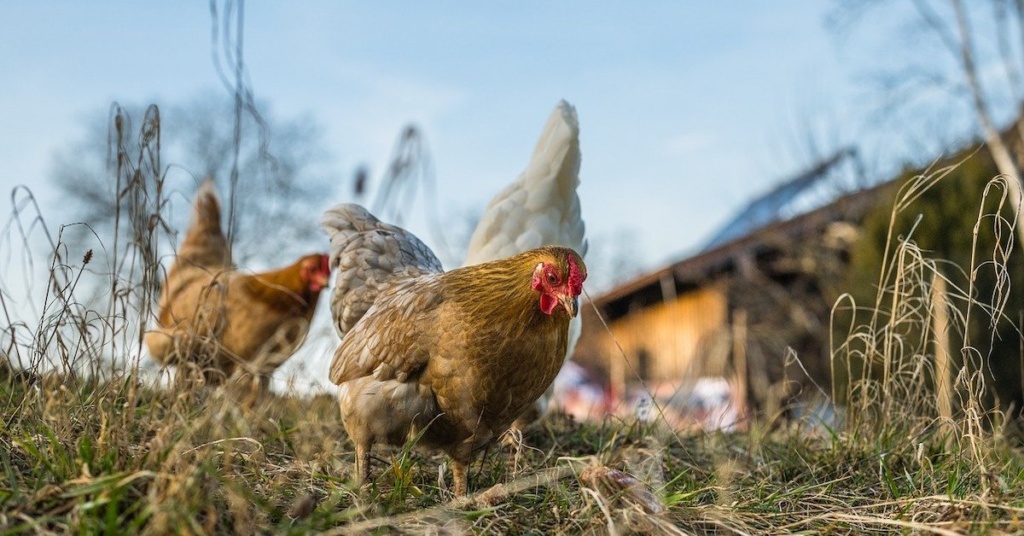Federal and state agriculture officials have detected in far Western Kentucky a highly contagious avian flu in a poultry flock.

The Kentucky Department of Agriculture in a release Monday said a Fulton County farm alerted the department on Feb. 11 about a spike in poultry deaths at the commercial operation. Testing completed in the state and at the United States Department of Agriculture’s National Veterinary Services Laboratories confirmed the presence of the H5N1 virus in the flock. Another suspected positive test from a Webster County turkey flock is pending confirmation.
“The Kentucky Department of Agriculture is working closely with animal health officials at both the federal and state government to contain these incidents of avian influenza,” Kentucky Agriculture Commissioner Ryan Quarles said in a statement. “Protecting the health of livestock and poultry in the commonwealth is a top priority of the Kentucky Department of Agriculture.”
According to the KDA release, the avian influenza does not pose a risk to the food supply. While humans can become sick with the virus – usually through close contact with infected birds – such cases are rare, and no human cases of the virus have been detected in the United States. The virus was detected in an Indiana turkey flock last week, the first case in a commercial poultry operation since 2020.
The KDA, in coordination with the Tennessee Department of Agriculture, have established a “surveillance zone” with a radius of 10 kilometers around where the virus was detected to find any other potential cases, which the zone includes some of Obion County, Tennessee.
Owners of farm birds and other domestic poultry are encouraged to consult with local veterinary professionals and alert state and federal animal health officials if their birds are exhibiting bird flu symptoms:
- Sudden death without clinical signs
- Lack of energy and appetite
- Significant decrease in water consumption
- Decreased egg production or soft-shelled or misshapen eggs
- Swelling of head, comb, eyelid, wattles, and hocks
- Purple discoloration of wattles, comb and legs
- Nasal discharge, coughing and sneezing
- Incoordination
- Diarrhea
Sick or dead farm birds can also be reported to the USDA at 1-866-536-7593.
Liam Niemeyer is a reporter for the Ohio Valley Resource covering agriculture and infrastructure in Ohio, Kentucky and West Virginia and also serves Assistant News Director at WKMS. He has reported for public radio stations across the country from Appalachia to Alaska, most recently as a reporter for WOUB Public Media in Athens, Ohio. He is a recent alumnus of Ohio University and enjoys playing tenor saxophone in various jazz groups.






